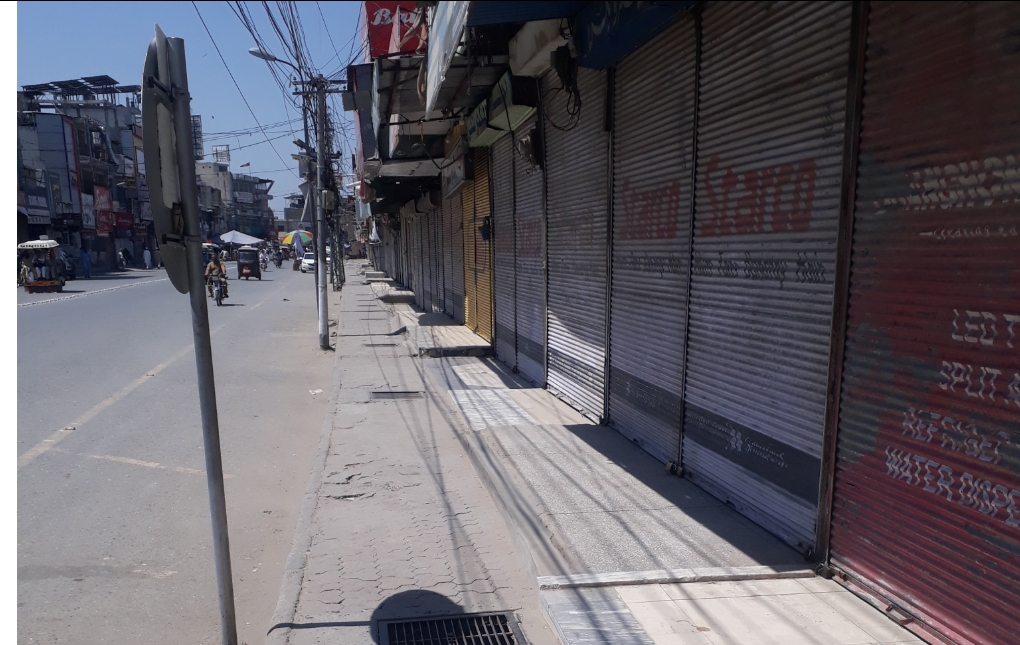REDUCTION OF CORRUPTION
SAAD AKHTAR
LOGO hassas_f@yahoo.com
The eradication of corruption in any country, including Pakistan, is a complex and challenging task that cannot be entirely accomplished within a single government’s tenure. While the current government may implement policies and reforms to reduce corruption, several factors influence the success of such efforts:
1. **Systemic Nature of Corruption**: Corruption in Pakistan is deeply entrenched in political, bureaucratic, and societal structures. Addressing it requires a long-term strategy and commitment across multiple administrations.
2. **Political Will**: The sincerity and consistency of the government in tackling corruption are crucial. If anti-corruption measures are selective or politically motivated, their effectiveness diminishes.
3. **Institutional Strength**: Strong, independent institutions like the judiciary, anti-corruption bodies (e.g., NAB), and regulatory authorities are essential for accountability. However, these institutions often face political interference.
4. **Public Support and Awareness**: Civic engagement and societal awareness about corruption are necessary. Without active public participation, reforms are less likely to be sustainable.
5. **Legislative Framework**: Enacting and enforcing robust anti-corruption laws is critical. If existing laws are weak or poorly implemented, corruption persists.
6. **Global Influences**: Corruption also involves international dimensions like money laundering and tax evasion. Addressing these requires cooperation with global entities.
While the present government might make strides in combating corruption, expecting its complete elimination within a limited timeframe is unrealistic. However, it can lay the groundwork for more transparent governance, strengthen institutions, and build a culture of accountability, which can contribute to significant long-term progress.



